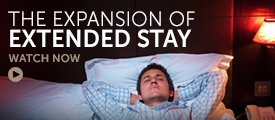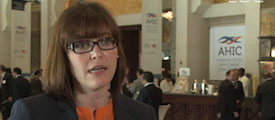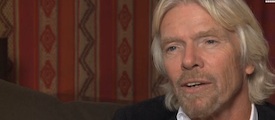The latest research on millennials from Choice Hotels found that 33% of Millennials would put off buying a home to take a dream vacation.
Holidays remain as desirable as ever. Particularly for this young generation where an opportunity to have a new experience can take priority over other areas of life. The study also found that 12% of Millennials have quit their job to take a vacation or go to an event such as a concert.
In these videos four experts discuss the behavior of Millennial travellers:
Choice Hotel’s study Uncovering the Millennial Mindset looked into the behaviours and priorities that Millennials have when taking a holiday. The survey polled 1,000 U.S. adults, ages 18-65 between September 30 – October 3, 2015.
It highlighted some differences between a Millennial at home and a Millennial on holiday, finding that 27% of Millennials have stayed in a hotel to impress someone and 79% of Millennials say they are more adventurous about eating and drinking when travelling.
The industry has had to drastically change to cater to emerging distribution methods. But tradition has not been shunned altogether, with 35% of Millennials will still turn to the friendly help of a travel agent to make their decision.
Not all the generational shifts are as drastic as the move to online research and booking. The study also found that 61% of Millennials carry hand sanitizer when travelling—more than any other generation. And 30% of Millennials keep earbuds in their ears when travelling so people don’t talk to them.
The study highlights the Millennials appreciation for instant rewards. It states that 69% of Millennials see freebies (such as snacks/sandwiches/to-go breakfast) as more important than opportunities for increased loyalty or reward points. And 43% of Millennials believe that if you do sign up to a rewards program you should receive your first benefit straight away.
Video clips produced by ybc.tv for the Hospitality Channel, including interview from industry conferences such as the IHIF conference as well as specific Hospitality Channel shoots.









